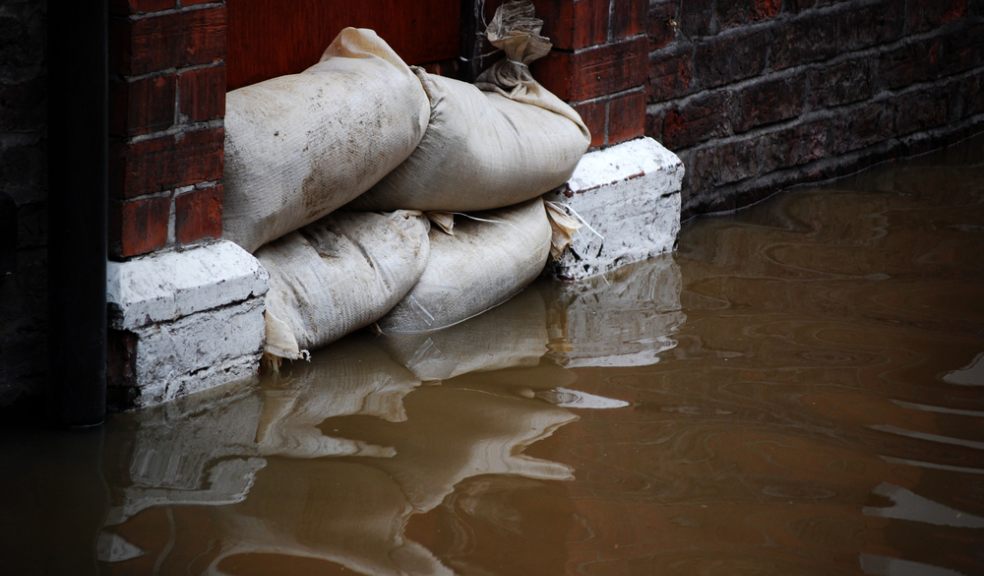
Blame, responsibility and demand for change following floods
New research shows that concerns about governmental failure to act effectively and fairly in the aftermath of extreme weather events can affect the degree to which residents are willing to protect themselves.
The findings of a team led by scientists at the University of Exeter could prove key to establishing how society should evolve to cope with more turbulent weather and more frequent mega storms.
The team examined attitudes in Cumbria in north west England and Galway in western Ireland, which were both hit by heavy flooding in November 2009. Record rainfall was recorded in both countries, resulting in a number of deaths, properties being severely damaged and economic disruption.
Professor Neil Adger of the University of Exeter, who led the research, said: “The flooding of 2009 was devastating to both communities. Our study is the first to track the impacts of floods across two countries and how communities and individuals demand change after such events. When people in both studies felt that government had fallen short of their expectations, we found that the resulting perception of helplessness leads to an unwillingness to take personal action to prevent flooding in future.”
Scientists at the University of Exeter worked with colleagues at the National University of Ireland Maynooth and the Tyndall Centre for Climate Change Research at the University of East Anglia, which also provided funding for the study.
Researchers surveyed 356 residents in both areas eight months after the flooding. They measured perceptions of governments’ performances in dealing with the aftermath, as well as perceptions of fairness in that response and the willingness of individuals to take action.
Dr Irene Lorenzoni of the Tyndall Centre comments: “Residents in Galway were significantly more likely to believe that their property would be flooded again than those in Cumbria. Yet it was Cumbrians who believed they had more personal responsibility to adapt to reduce future incidents.
“Whether people felt responses were fair also diverged. In our survey in Cumbria three quarters of respondents agreed that everyone in their community had received prompt help following the flooding, while in Galway it was less than half.”
Dr Conor Murphy of the National University of Ireland, Maynooth said: “The strong perception in Galway that authorities failed to deliver on the expectations of flooded communities in late 2009 is a wake up call. Given the high exposure of development in flood prone areas it is clear that both England and Ireland need to make major investments in building flood resilience with changing rainfall patterns induced by climate change. Political demand for those investments will only grow.”
Professor Adger says: “Our research shows that climate change is likely to lead to a series of crises which will cause major disruption as instant short-term solutions are sought. We need to consider the implicit contract between citizens and government agencies when planning for floods, to enable fairer and smoother processes of adaptation.”
The paper is published on 25th November 2012 as Adger, W. N., Quinn, T., Lorenzoni, I., Murphy, C. and Sweeney, J. (2012) Changing social contracts in climate change adaptation. Nature Climate Change 10.1038/nclimate1751.














